If you want to know about the what is line or tangible & intangible in architecture or objective of design, please click the link.
Design focuses on the aesthetic and functional aspects of a single object, while architecture takes a holistic view, considering the interconnections and relationships between objects, spaces, and systems.
Lets Begin …..with….……………..
1) Design
Design as a noun is described in the dictionary as:
- Aplanordrawingproducedtoshowtheappearanceandworkingofsomethingbeforeitismade
- A decorative pattern
- Underlying purpose or planning
As a verb it is described as:
- Produce a design for
- Plan or intend for a purpose
The synonyms of the word design are:
- Blueprint, conception, draft, drawing, model, pattern, plan, proposal, sketch
- Arrangement, composition, configuration, form, pattern, shape
- Aim, end, goal, intention, purpose scheme
The synonym of the word designer are:
Architect, artist, author, creator, inventor, originator
Let us see some examples of design to start appreciating the word Design
This is design
- The artist had planned the projection of an idea and then depicted it through his skill
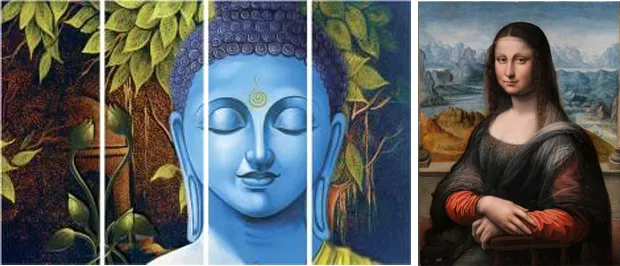
- These graphic forms are also designed.
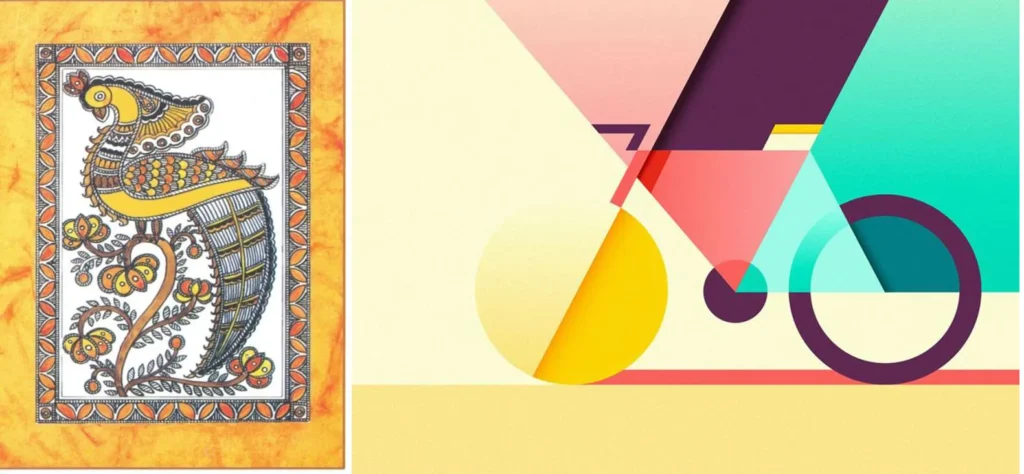
- These sculptures are designed. These are aesthetically pleasing, are making a statement conveying strength both of expression and physicality.
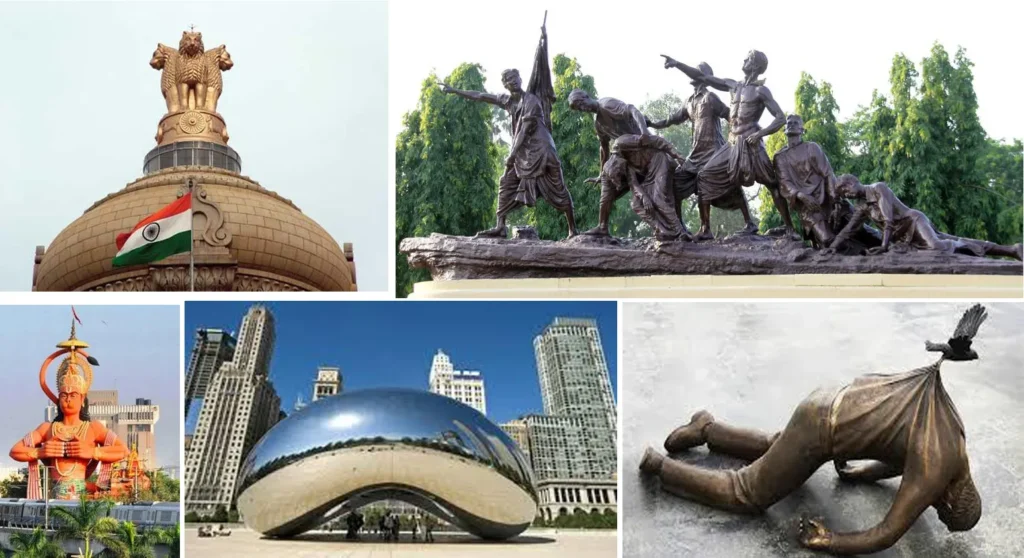
- Just the arrangement of food in a platter is a design

This too is Design
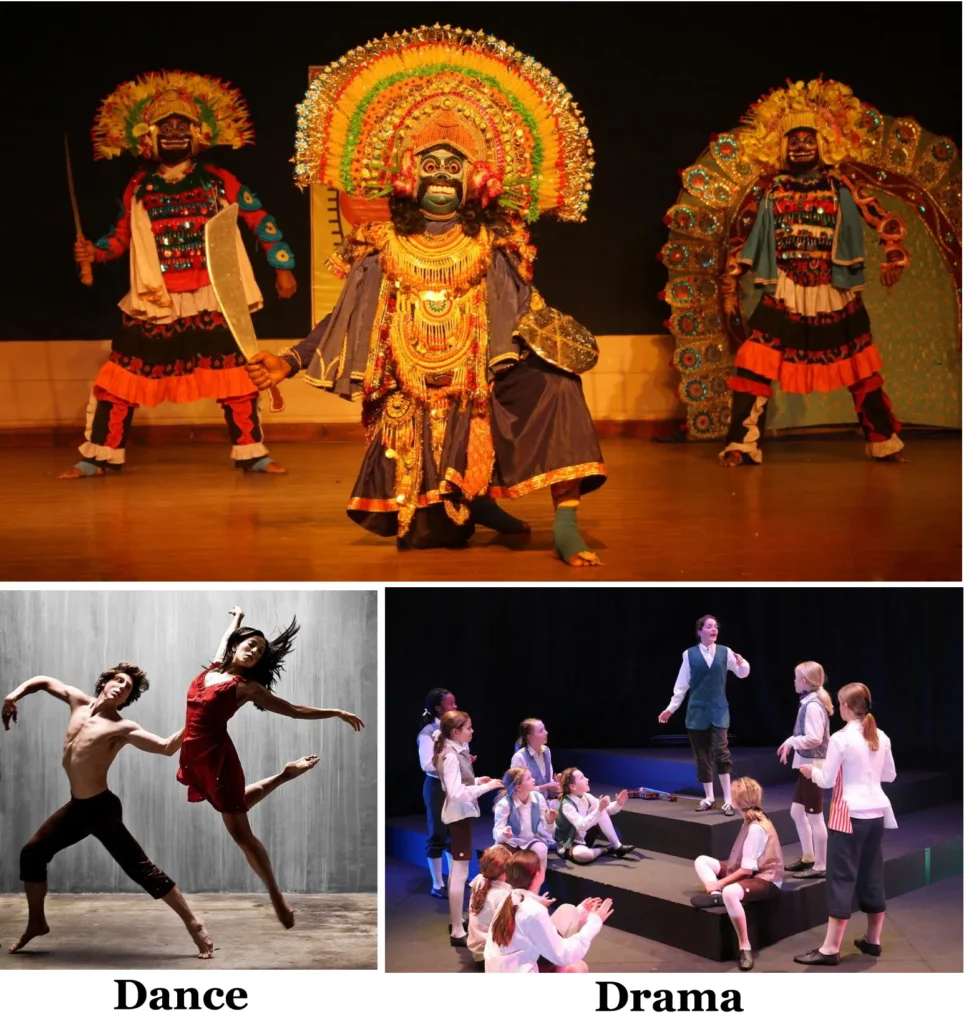
- These textile designs are an outcome of design skills and a long tradition.

- Such outfits can only be the result of a conscience design effort
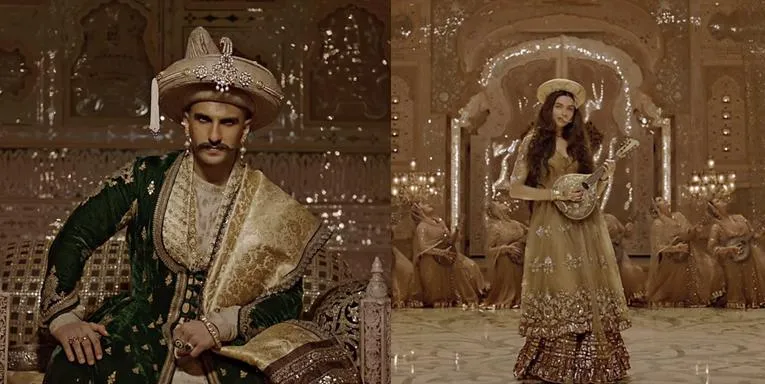
- Fashion
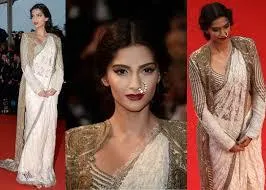
- This model is also designed

- These are designed products for our use.

- Thus ,Design can be seen as a creative art and is seen in various forms of painting, music, dance, drama, sculpture, dress, food and any human activity that is performed creatively.
- It becomes a way of life for any creative individual. From the decision of choosing the daily attire to planning a meal or a day, design plays a role. Design is thus an everyday activity
- The noticeable feature of these design forms is that while beauty forms an integral part so does the feature of strength –both of physicality and of expression.
- The design forms besides being beautiful are also making a statement and have a physical existence.
- Anything that is man made is designed.
If design is a creative art let us be clear about what creativity is…
2) Creativity and Design
- Creativity is the process that after intensive mental activity yields a beautiful and useful act or product. (Not necessarily “useful” in some art forms)
- Creative people generally have an open mind, capacity for intensive thinking, flexible mind but are focused and work towards a target.
- Creative people will also try to do or produce something new.
- With minor differences, the creative process for different kinds of a fields is normally quite similar.
- The design process needs to be appreciated as a problem solving process-the problem may be of aesthetics or function-but needs to be approached understood and resolved in a systematic manner.
- Initially the designer will need to consciously follow the systematic design process but gradually with experience the process will become a sub conscious methodology.
- It is imperative that a designer learns to experiment and create a series of stages that would help in improving and polishing a resolution of the problem.
- In any field a creative individuals success will be evaluated by the ability to think anew, to value mistakes, to learn from such mistakes and use these as experiences for future growth.
- Creativity and design are thus intrinsically related.
- It must be understood that creativity does not always produce an original act or product but will of necessity produce something new, else it would be not creativity but reproduction.
- Normally a new act or product will be the remodeling of what already exists but is assembled in a new way.
- Building a capacity to see and observe relationships and interconnection which others do not, is the basis for developing one’s ability to think creatively.
- The effectiveness of the end product of design and creativity will be borne from the body of knowledge of the designer and how effectively it is used or the capacity of the designer to effectively use the existing body of knowledge.
Let us understand what Architecture means…
3) Architecture
Architecture
Architecture can be seen as the Art, Science and Philosophy of organizing spaces for different human activities.
- The range of spaces to be organized could be from the space in the drawer of a table to the spaces in the buildings to the spaces in a city.
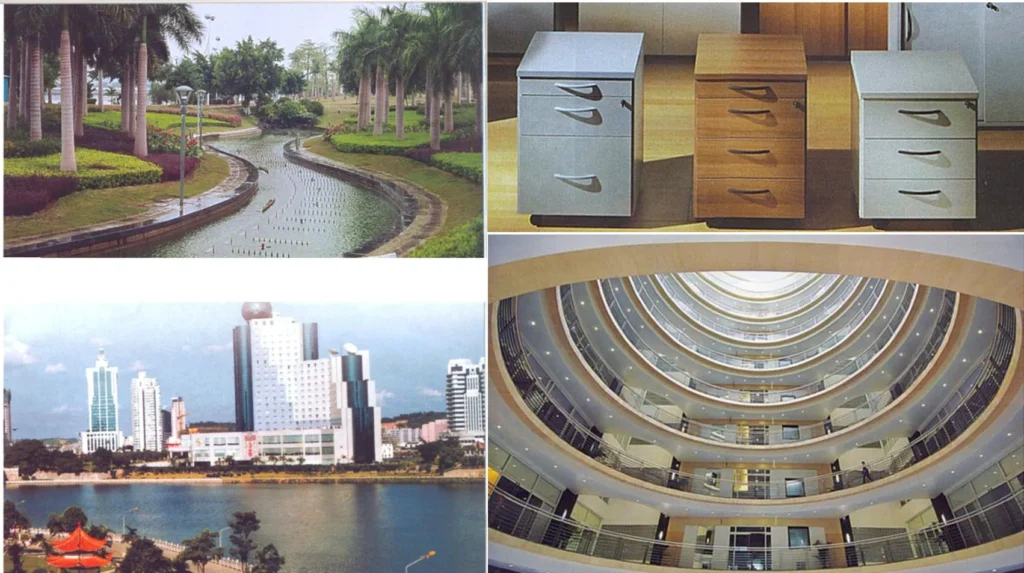
- Architecture takes care of the all the physical needs of people through various kinds of buildings.

- Architecture also represents the technology of the time, which is the representation of the development of that time and people.
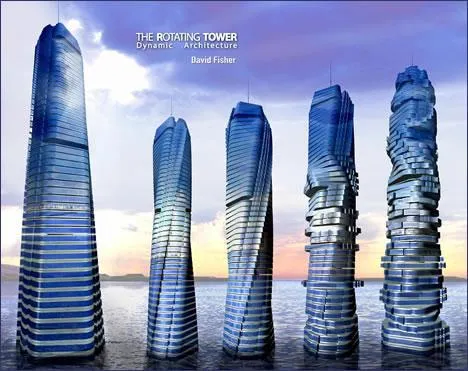
- Architecture over time builds associations.
- Many of you would immediately recognize this building and have some associations with this visual.
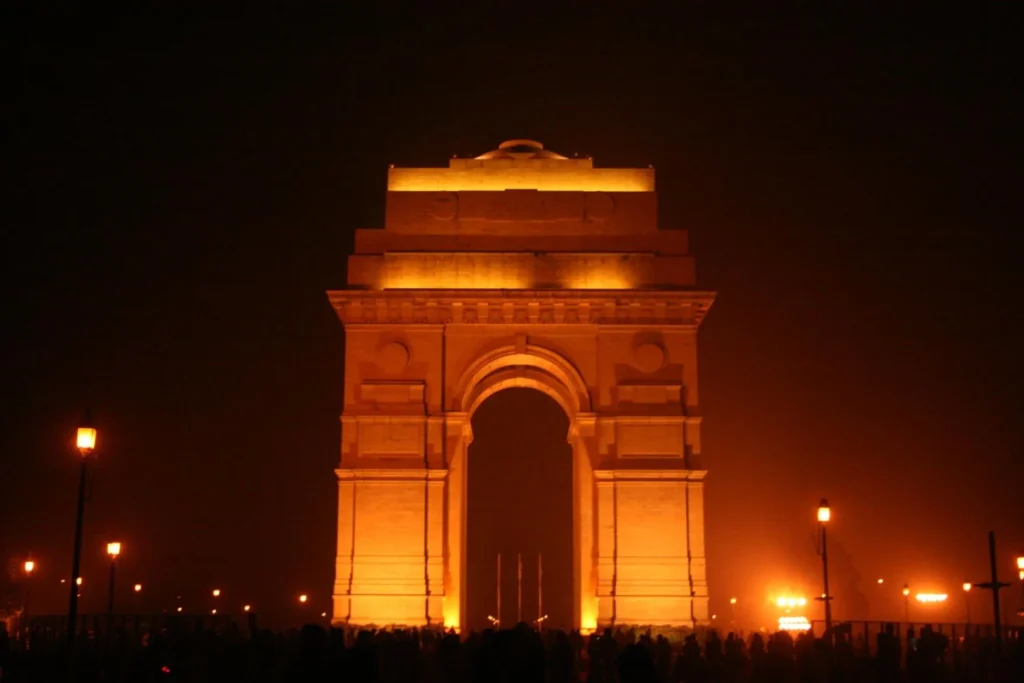
- Architecture is manipulation of space to create usable spaces with appropriate objects that create a suitable ambience.
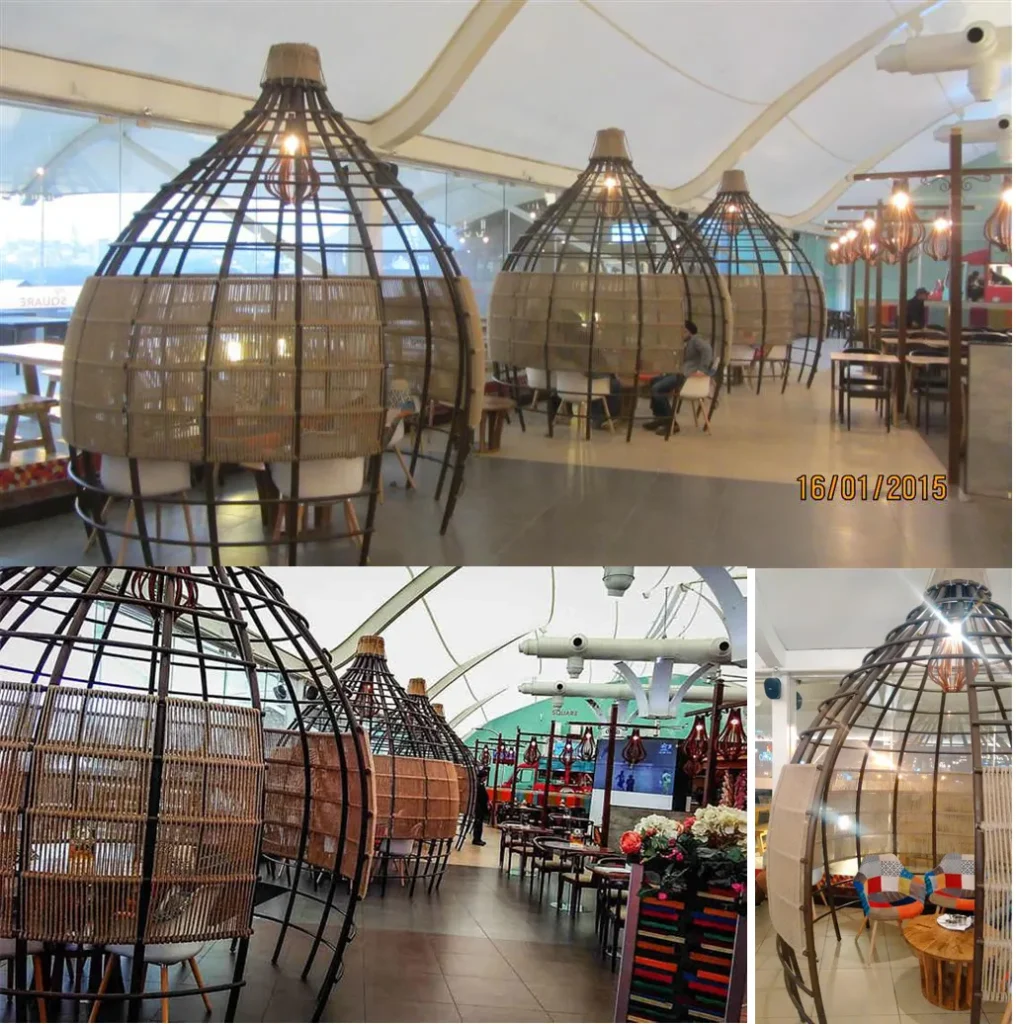
- Architecture can be symbolic, representing the philosophy of a society.
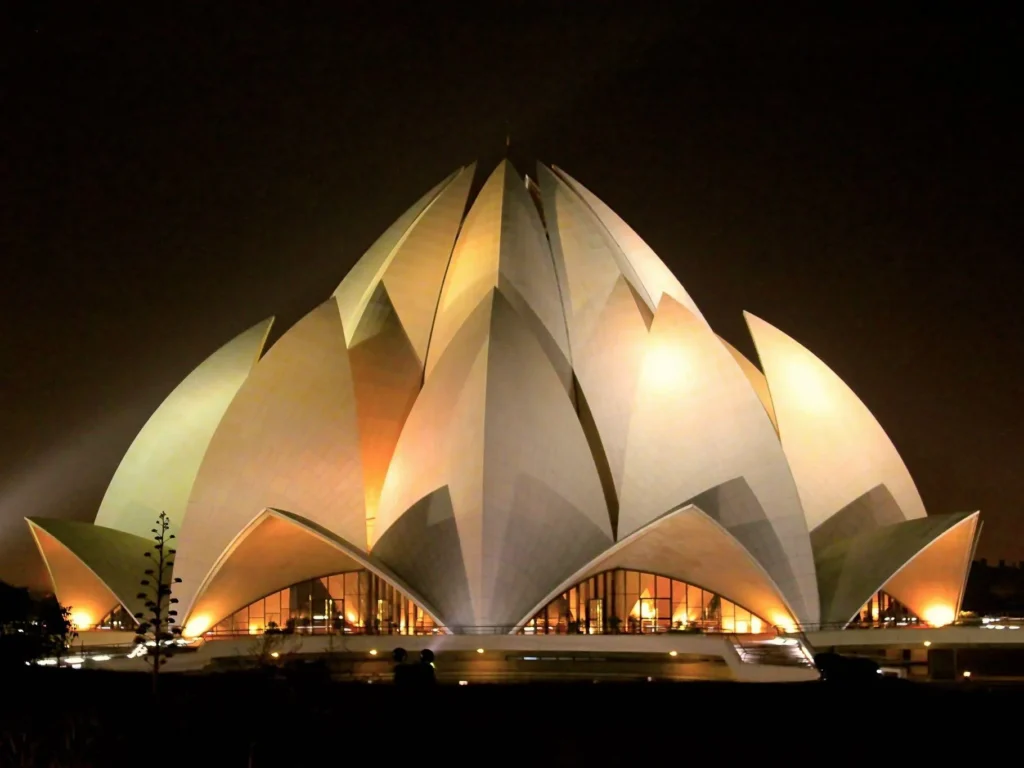
- Architecture is play of spaces both inside and outside.

- The advancement of a civilization is known from its architecture and art.
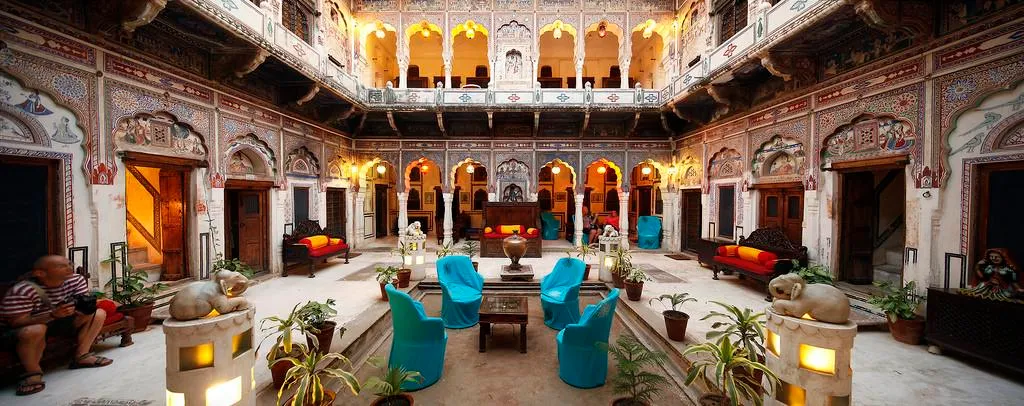
- Architecture can thus be seen as organization of space for an expected activity and differs from other art forms because of its extensive utilization and its extensive influence on users.
- The elements of architecture are thus beauty, strength both physical and of expression and beneficial under the overall context of time.
- The nature of Architecture is of Life itself as it addresses the different aspects of living.
- The scope of architecture is limited to the human imagination and in physicality the technology of the time.
4) Elements
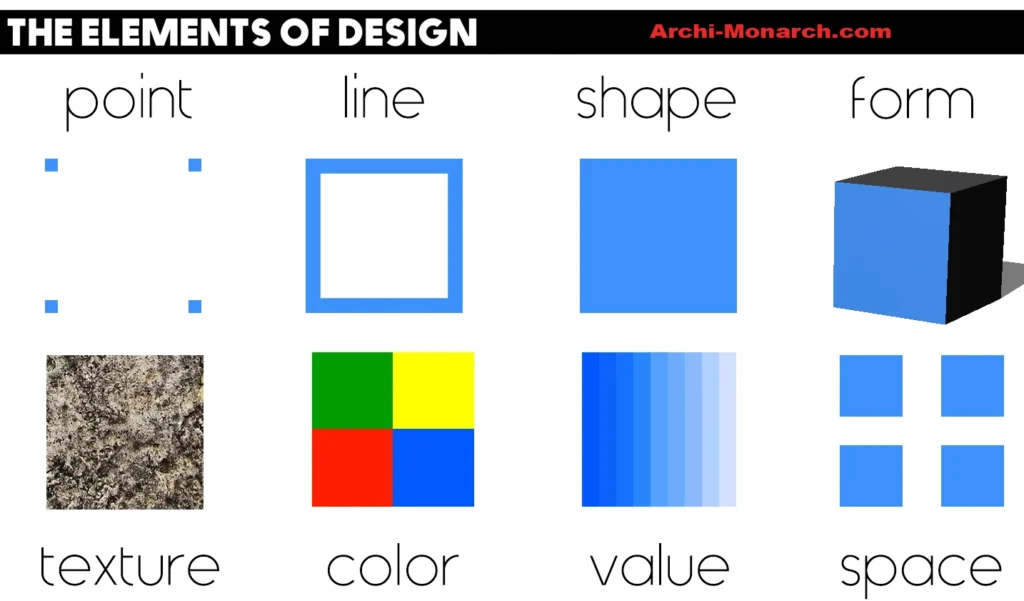
Elements are the basic units of anything. – These can be physical or abstract
5) Principles
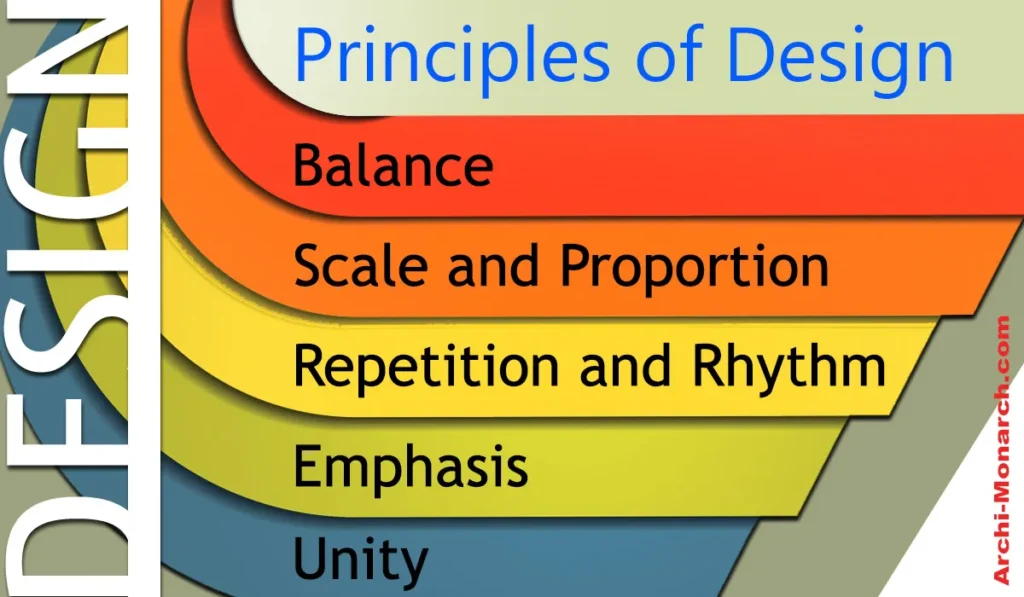
Principles are basic rules or guidelines for any action, idea, reasoning or thought. – These are applicable in all aspects of life Elements
Hopefully you are now comfortable with the words Design, Creativity, Architecture, Elements and Principles.
Thank you
I think your definition of design is incorrect. Why are ‘Art’ and ‘Design’ explained as one entity? Art, in all it’s forms, is about personal expression and does not consider an end user. The true ‘Artist’ creates their work based upon satisfying personal aims and goals. They do not try to produce something that considers other peoples requirements. Art is about freedom of expression. Design is the opposite, as the creative process is all about creating something that satisfies someone else’s requirements and needs. Architects, when working for a client are therefore designers not artists. The role of the architect is to interpret the clients requirements into an outcome that the client consider satisfies their requirements within their cost limit. If the client rejects the architects work, that is the end of that design project. An Artist will only have to answer to themselves, so has no such constraints, (which is why many Artists die poor and why Design is usually all about business and making money or creating an asset.)